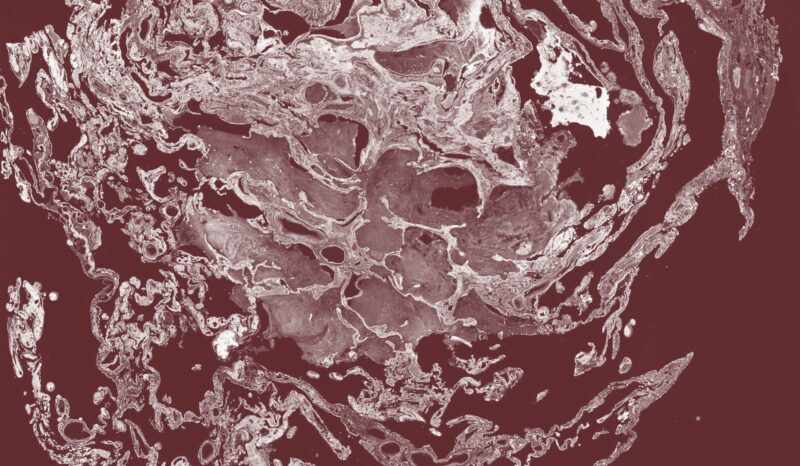WEHI Wednesday Seminar hosted by Dr Nadia Davidson
Ashley Weir
PhD Student – Davidson Laboratory, Blood Cells and Blood Cancer division & Bioinformatics and Computational Biology divisions, WEHI
Molecular Oncology Group, School of Clinical Medicine, UNSW Medicine and Health
Characterising genomic damage in high grade serous ovarian carcinoma using transcriptomics


